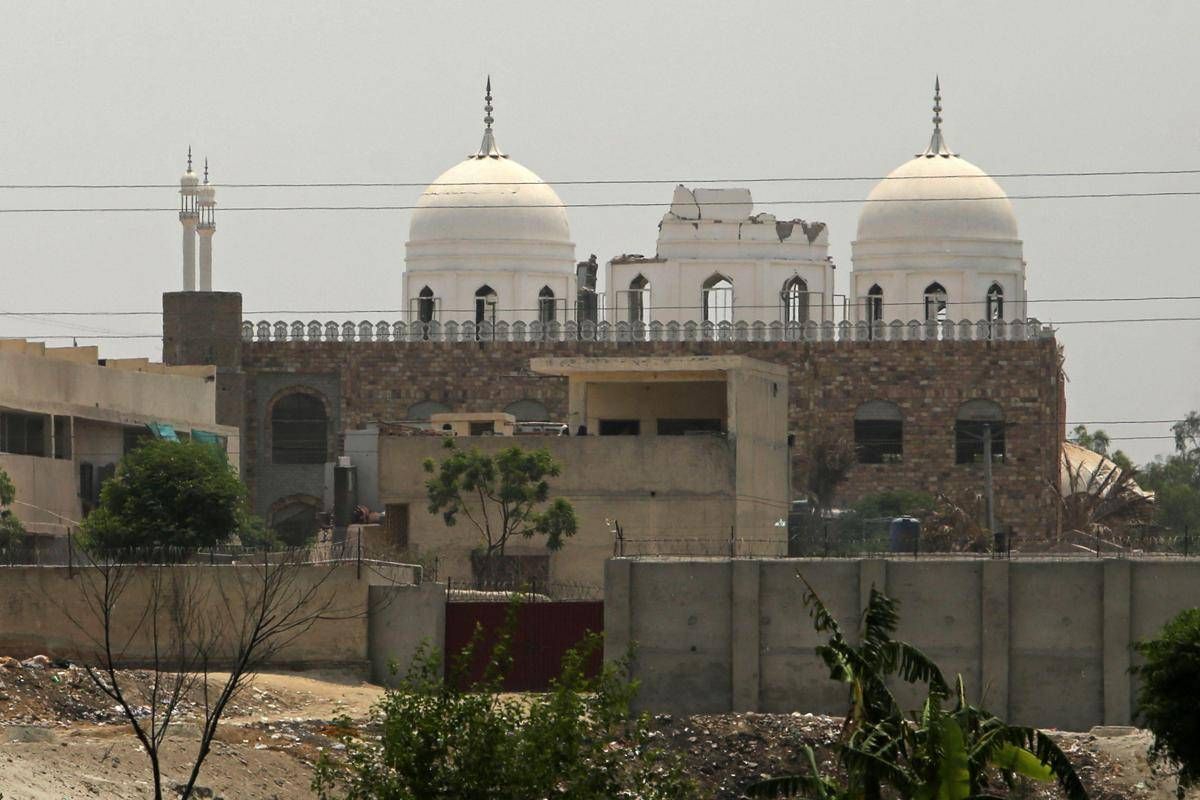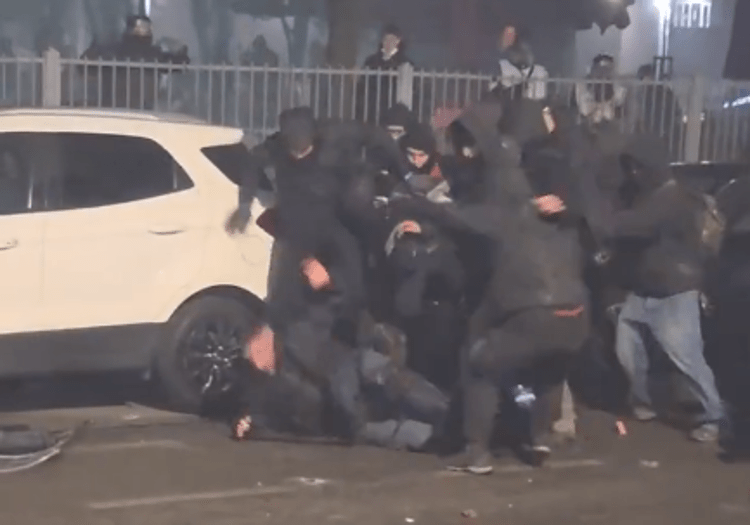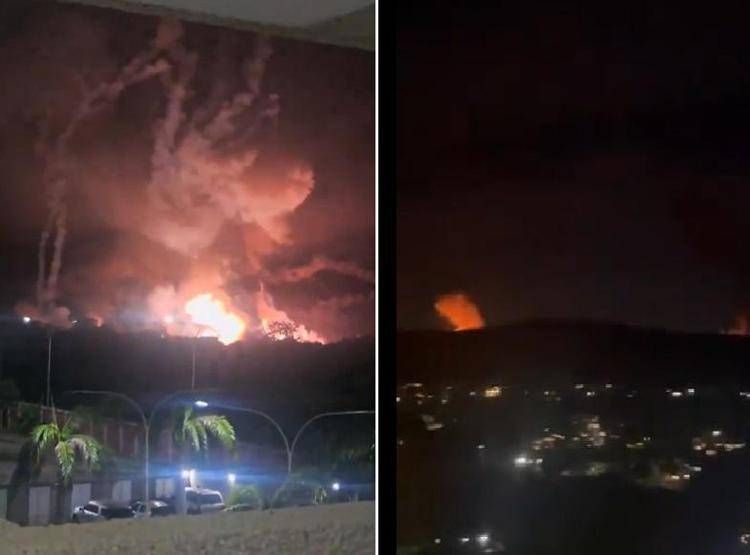
Military clash between India and Pakistan: Jaish-e-Mohammed group leader killed
-


Video shock, poliziotto aggredito negli scontri di Torino
-


Alberto Trentini e Mario Burlò sono in Italia dopo la liberazione VIDEO
-


Overnight explosions in Caracas hit military area, widespread power outages reported VIDEO
-


Attacco Usa in Nigeria contro l’Isis, Trump: “Risposta al massacro di cristiani” VIDEO
Border tensions after 22 April attack in Kashmir: New Delhi strikes nine armed camps, Islamabad speaks of ‘act of war’
It is the most serious confrontation between two nuclear powers in 20 years. India and Pakistan have returned to open military conflict, renewing a tension that has its roots in 1947, the year of their independence, marked by wars, violence and unresolved crises.
The fuse of the attack.
The latest escalation started last 22 April, with a terrorist attack against a group of tourists in Indian Kashmir. Twenty-six victims, mostly Indian and one Nepalese citizen. India immediately accused Pakistan of complicity, holding it responsible for supporting terrorist groups active in the region. Islamabad rejected the accusations, but it was not enough to stem the military reaction.
The Indian attack and the Pakistani response.
Today, India launched a massive artillery and missile attack on the Pakistani territory of Kashmir, destroying nine armed camps considered ‘terrorist bases’. Among the thirty dead, New Delhi confirmed the killing of Maulana Masood Azhar, leader of the terrorist group Jaish-e-Mohammed, which has been active in the Kashmir conflict for years. Pakistan responded with bombings and harsh statements, denouncing ‘an act of war’ and claiming to have shot down five Indian planes. The civilian casualties in India, so far, are less than ten.
A 70-year-long rivalry.
The dispute between India and Pakistan has its origins in the brutal partition of 1947, which followed the withdrawal of the British Empire from the subcontinent. The birth of the two states caused the forced displacement of 15 million people and around one million deaths in clashes between Muslims, Hindus and Sikhs. Kashmir immediately became the heart of the conflict.
In 1947, the first Indo-Pakistani war broke out. A UN resolution in 1948 provided for a referendum on the self-determination of Kashmir, which was never realised. The ceasefire of 1949 divided the region into two areas: 63% under Indian control, 37% to Pakistan. To this day, both countries claim full sovereignty.
Conflicts, insurgency and terrorism.
Other wars followed: in 1965 and 1971 (the latter led to the birth of Bangladesh), until the Kargil conflict in 1999, where New Delhi accused Islamabad of having infiltrated militants and regular troops into Kashmir. Meanwhile, a separatist insurgency that started in 1989 left tens of thousands dead and generated waves of mutual accusations.
Recent history is always unstable.
Between attacks (such as the one on the Kashmir Assembly in 2001 or the one in Mumbai in 2008) and military provocations, the two countries have repeatedly found themselves on the brink of open war. In 2019, another attack in Pulwama claimed the lives of 40 Indian paramilitaries and led to an Indian airstrike on Pakistani territory. Islamabad responded by shooting down an Indian military jet.
International appeals for restraint
In the last few hours, there have been increasing calls from the international community to avoid an escalation that could further destabilise a fragile region, already tried by decades of conflict, terrorism and political instability.
THE LATEST NEWS
(Photo: © AndKronos)
-

 Flash23 ore ago
Flash23 ore agoFurto ad Arezzo: uomo muore dissanguato durante la fuga dopo tentato furto
-

 International-News24 ore ago
International-News24 ore agoBannon Epstein messages reveal plan against Pope Francis
-

 Meteo24 ore ago
Meteo24 ore agoCiclone Italia, maltempo e neve: allerta meteo del 14 febbraio
-

 News23 ore ago
News23 ore agoOggi i funerali di Zoe Trinchero, la 17enne uccisa dall’ex ragazzo a Nizza Monferrato













